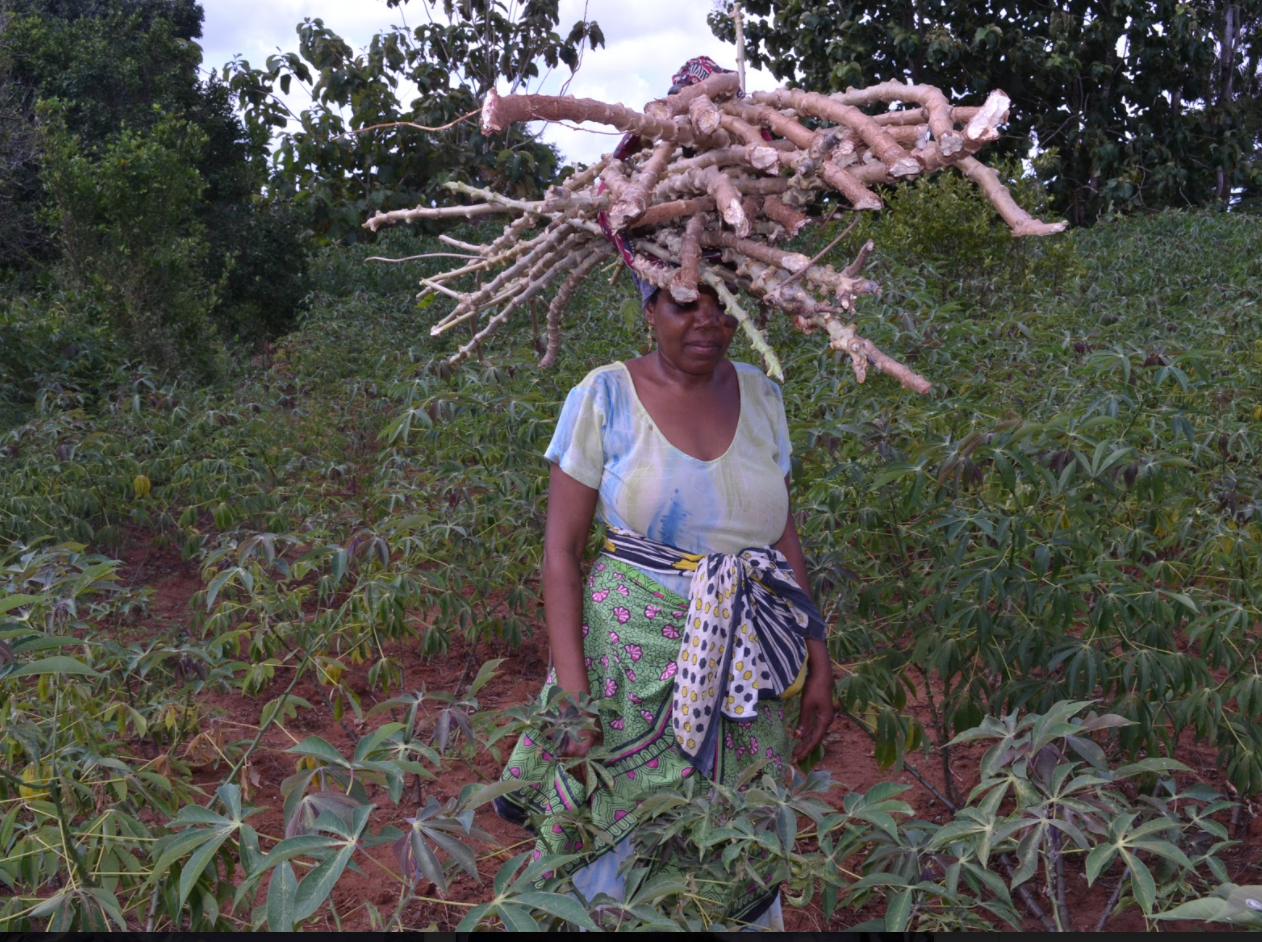By Anthony Muchoki
As the world observes International Food Day, one crucial aspect of our global food systems demands attention and recognition — the pivotal role played by rural women. In a deeply insightful commentary, Amath Pathe Sene, Managing Director for the Africa Food Systems Forum – AFS, emphasizes the indispensable and often unsung contributions of rural women in nurturing and enriching our global food landscape.
A Day in the Life of a Rural Woman
Imagine stepping into a bustling local market in a remote village. The air is vibrant with the aroma of fresh produce — ripe tomatoes, green leafy vegetables, and stacks of grains. Dominating this landscape are women, confidently managing their stalls, negotiating prices, and ensuring that their communities receive the best quality produce.
“Step into any local market in a rural setting, and you’ll meet women vendors with baskets full of fresh produce and homemade goods to trade. Since time immemorial, rural women have been the primary food producers, ensuring families and communities have access to nutritious and diverse diets,” observes Sene.
By the Numbers
To emphasize the importance and gravity of rural women’s contributions, Sene shares some startling statistics:
- They constitute about 2.1 billion individuals, accounting for a significant quarter of the world’s population.
- A staggering 43% of the global agricultural labor force is represented by women. What’s even more impressive is that half of these women are concentrated in Eastern and Southern African countries, serving as the backbone of their respective agricultural sectors.
- However, there’s a paradox. Despite their vast contributions, less than 15% of global landholders are women.
- Addressing this gender disparity can lead to remarkable results. Closing the gender gap in agriculture has the potential to elevate productivity by an impressive 30%. This not only boosts the agricultural sector but can positively impact over 180 million lives.
Beyond Farming: The Multifaceted Role of Rural Women
Rural women’s roles in their communities transcend mere production. They are the gatekeepers of culinary traditions, curators of age-old recipes, and frequently, the central figures at local markets. Through their relentless efforts, they inject vitality into local economies and ensure widespread food accessibility. Yet, these women encounter multifarious challenges. Cultural norms, societal expectations, and institutional barriers often impede their access to finance, credit, and even basic resources. Moreover, households helmed by women generally have a lower income bracket, exposing them to heightened vulnerabilities.
Diving deeper, Sene articulates the intricate challenges these women navigate daily: “The reality is that women perform the bulk of unpaid care and domestic work within families and households in rural areas. They make significant contributions to agricultural production, food security, and nutrition, land and natural resource management, and even building climate resilience. Yet, they bear the brunt of multi-dimensional poverty.“
Despite these adversities, rural women emerge as champions of biodiversity. Their knowledge, passed down through generations, plays a critical role in seed preservation, allowing crops to adapt to evolving climate conditions. Their profound understanding of local ecosystems equips them to champion soil health, conserve water, and bolster biodiversity. From seed selection to crafting consumable goods, these women are integral to every step of the food production and distribution process.
Empowerment: A Catalyst for Change
Harnessing the potential of rural women can result in exponential benefits for communities at large. Sene posits that if we empower these women — who function as farmers, wage earners, and entrepreneurs — we can unlock a ripple effect of agricultural growth, societal progress, and economic upliftment.
How do we achieve this empowerment? Sene outlines a clear blueprint:
- Bridge the gender divide, potentially boosting agricultural production by up to 30%.
- Build prosperous, healthier societies that value every individual’s contribution.
- Actively challenge and transform societal norms that restrict women.
- Introduce modern tools and technology to amplify women’s efficiency and reduce manual labor.
- Establish equal access to resources and opportunities, akin to their male counterparts.
- Provide comprehensive education and training to maximize their potential.
- Recognize, celebrate, and reward their significant contributions across all domains.
Sene’s conclusion resonates with urgency and conviction: “Rural women are more than mere statistics. They are the lifeblood of our food traditions, the guardians of our biodiversity, and the foundational pillars of our food systems. Empowering these women is not a choice; it’s an imperative if we are to expedite the transformation of global food systems, especially Africa’s.“
In essence, as the world acknowledges International Food Day, it’s more than just a celebration of food. It’s a clarion call to honor, support, and empower the incredible women who sustain and nourish our planet. The future of our food systems, and by extension, our world, hinges on how we nurture and champion these unsung heroes.
